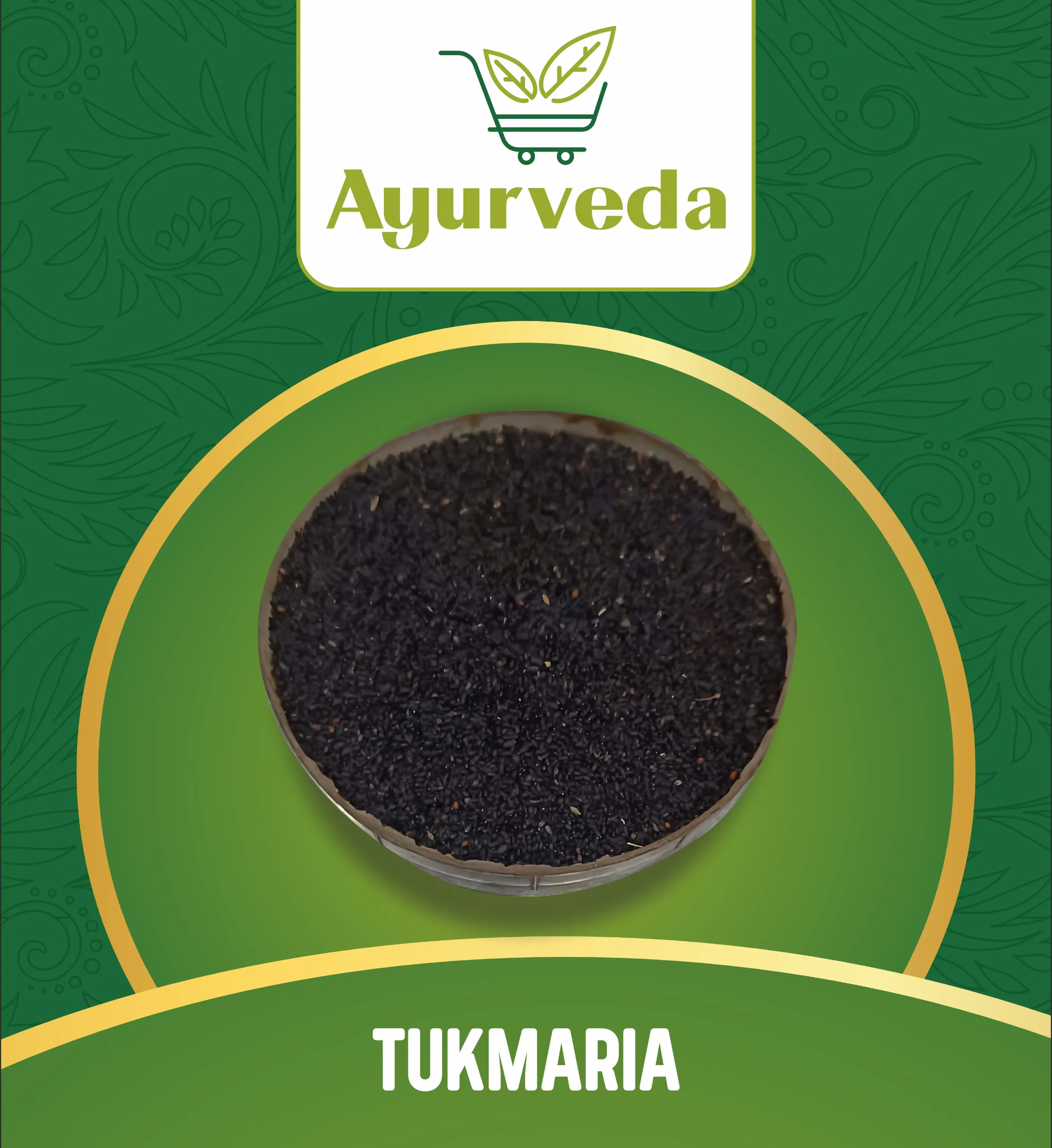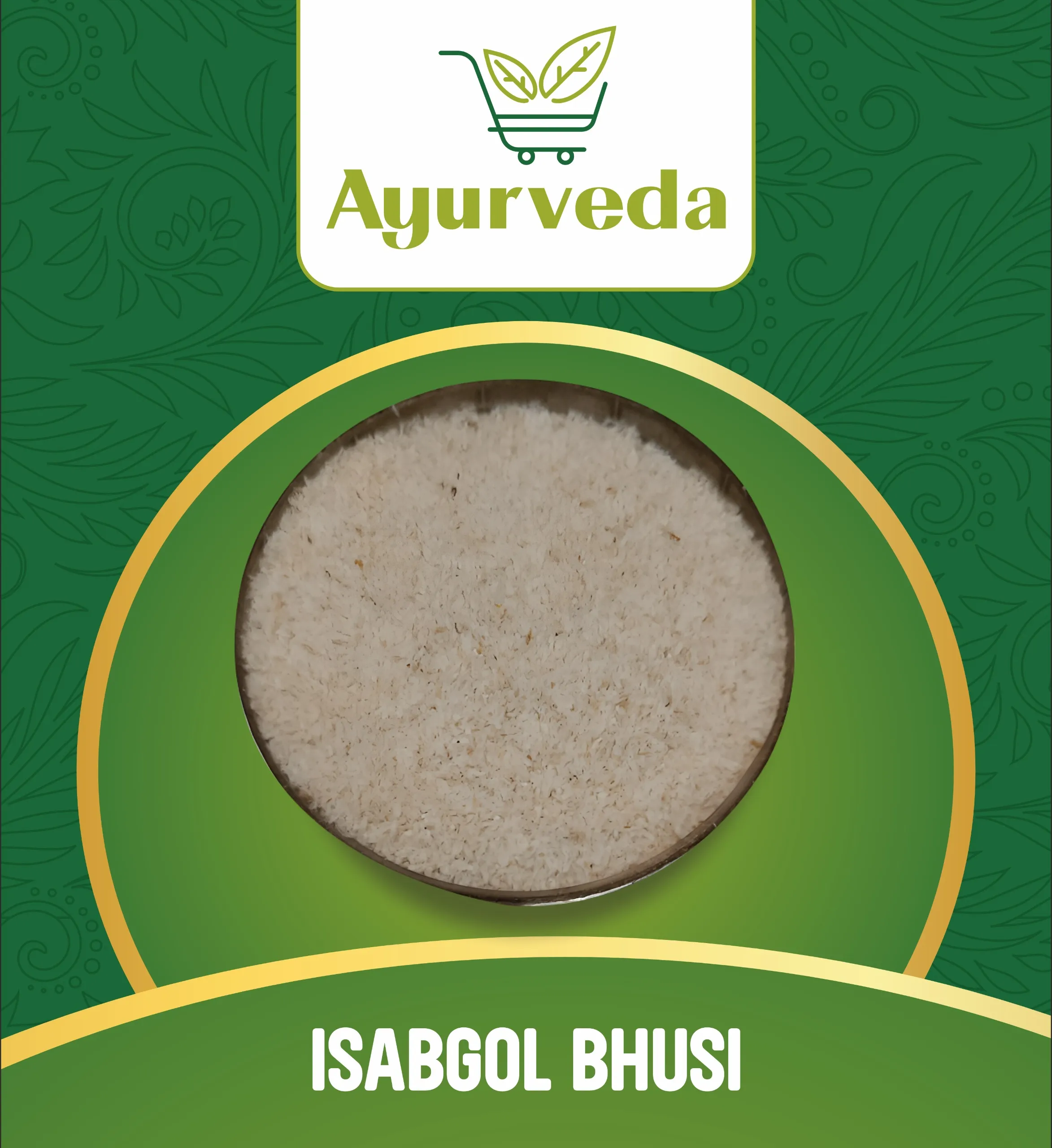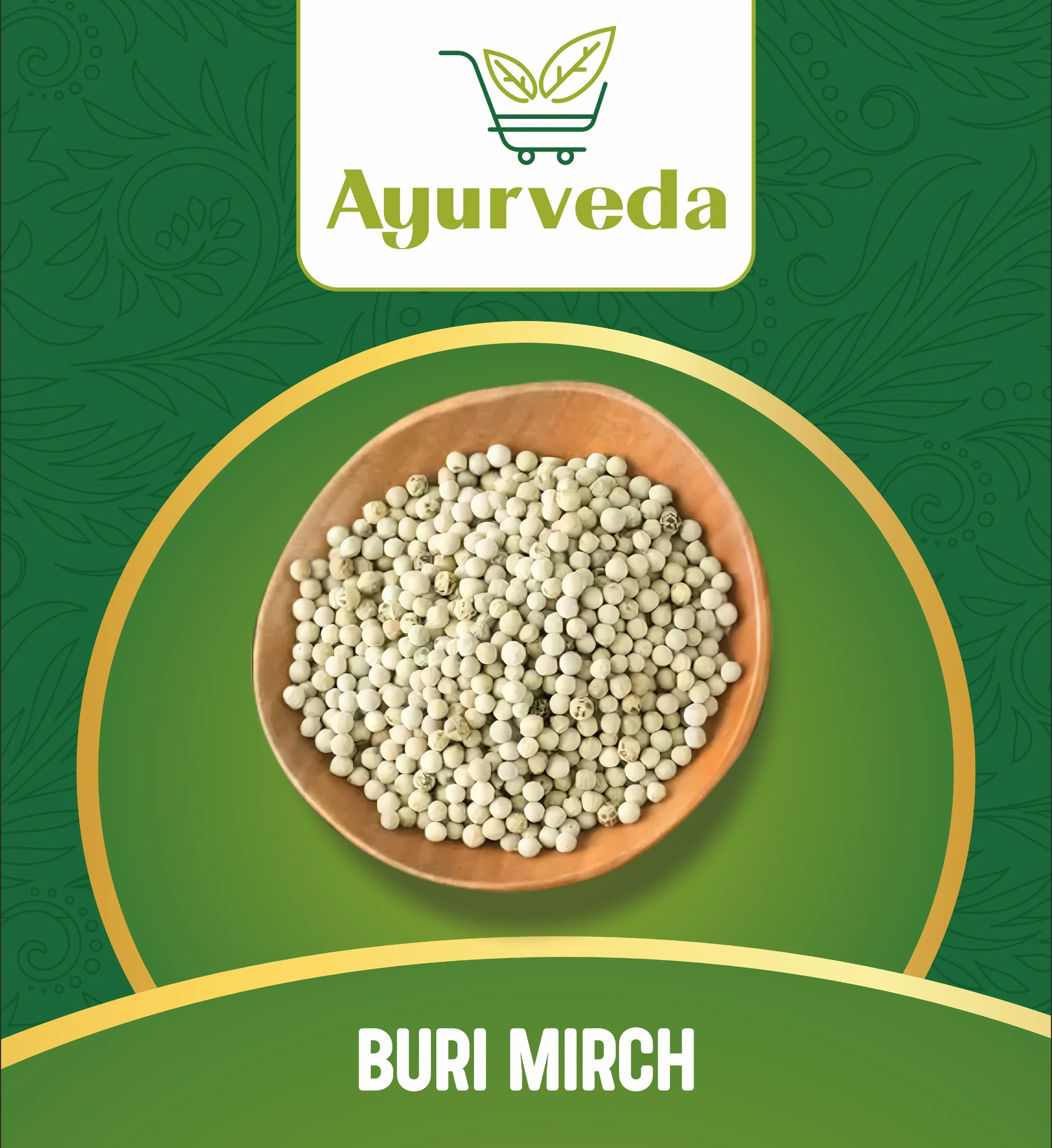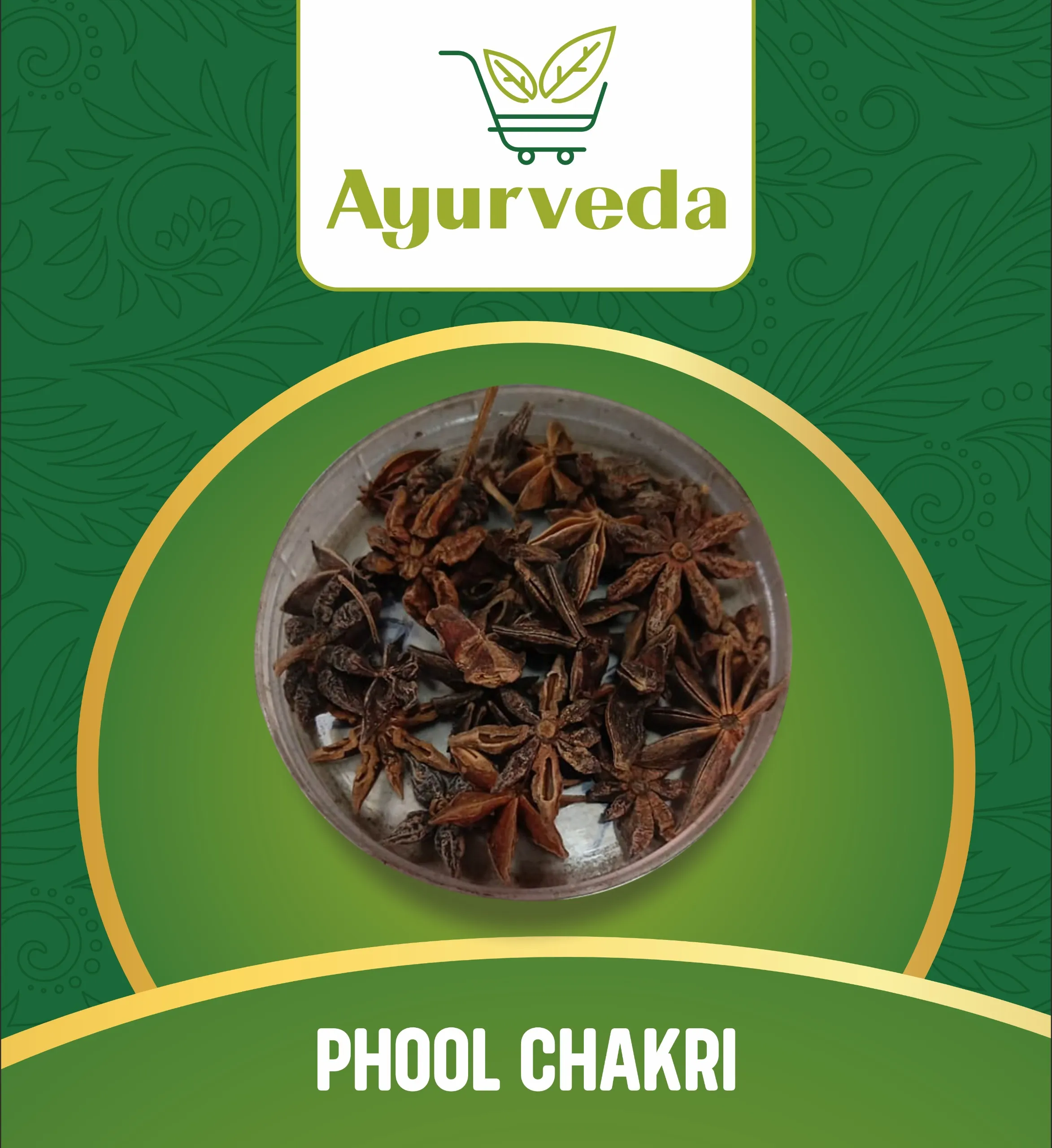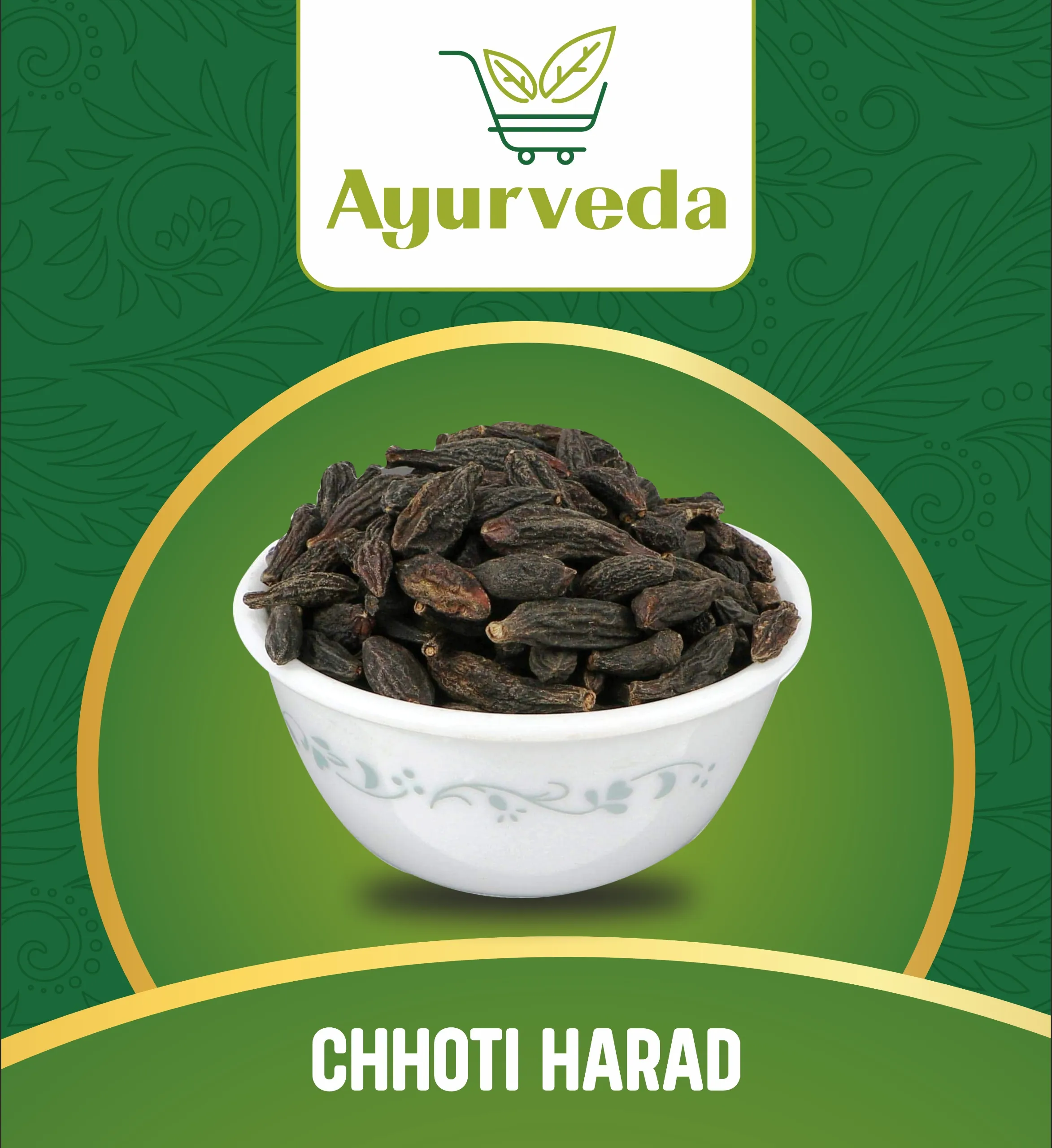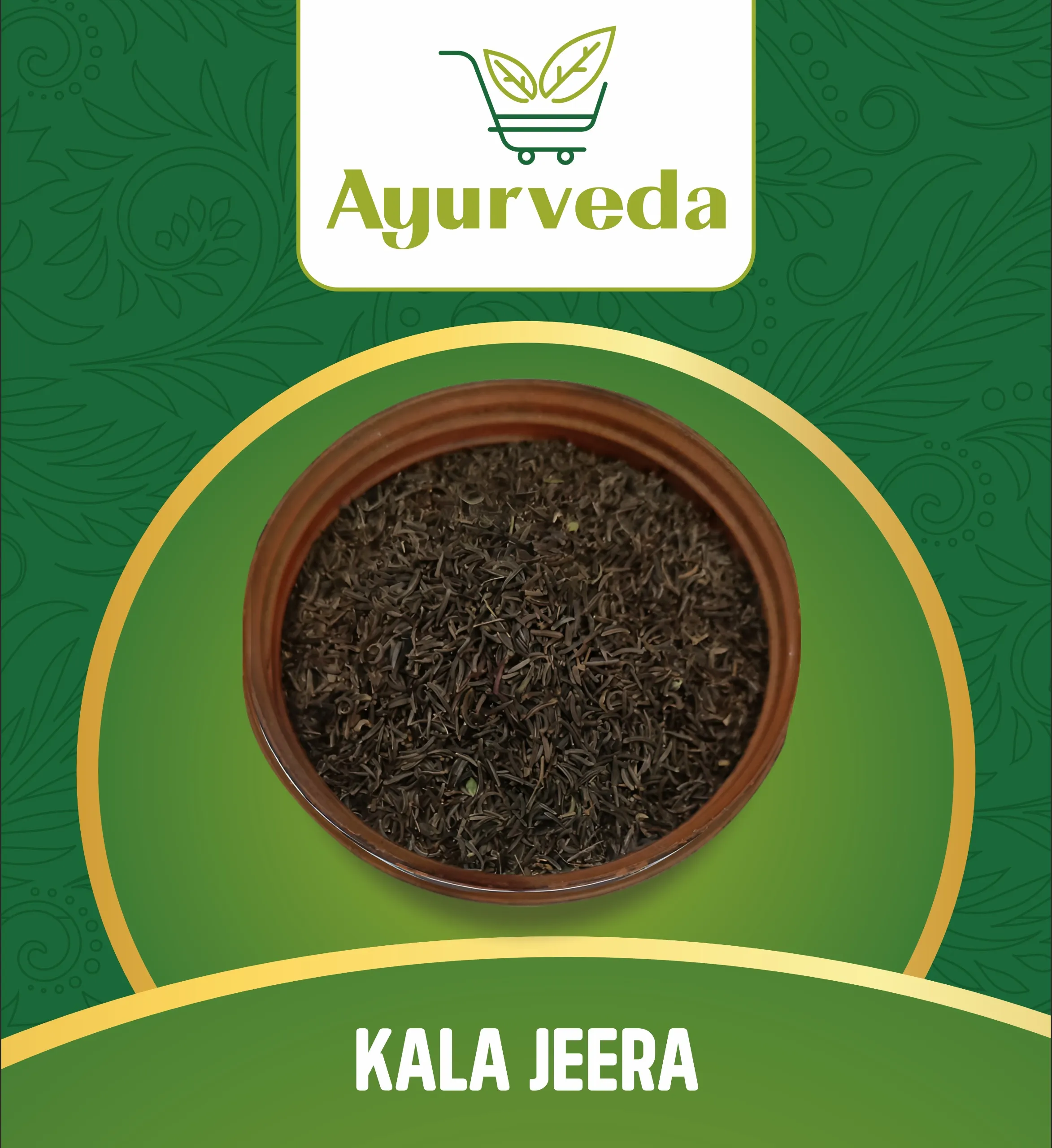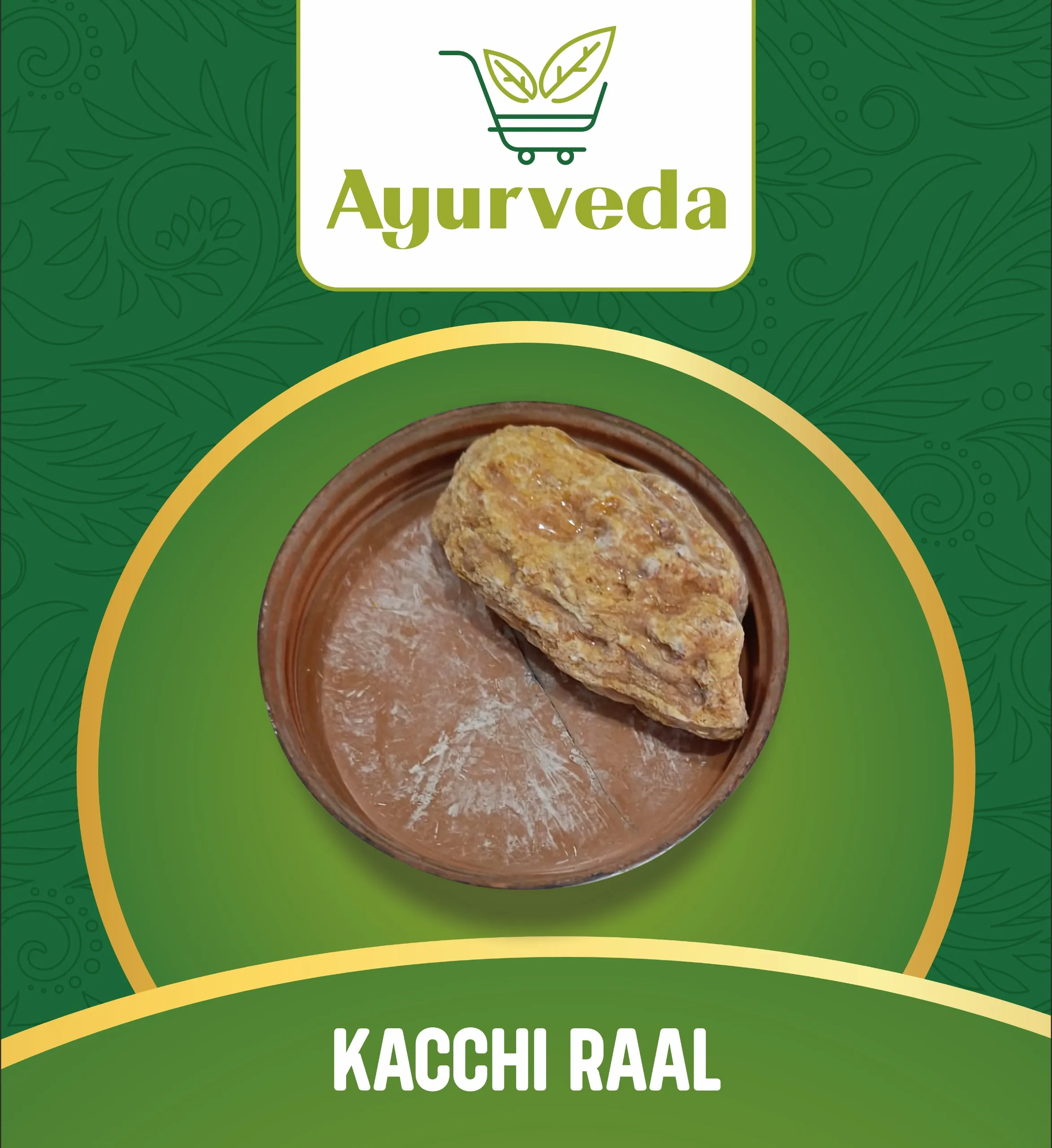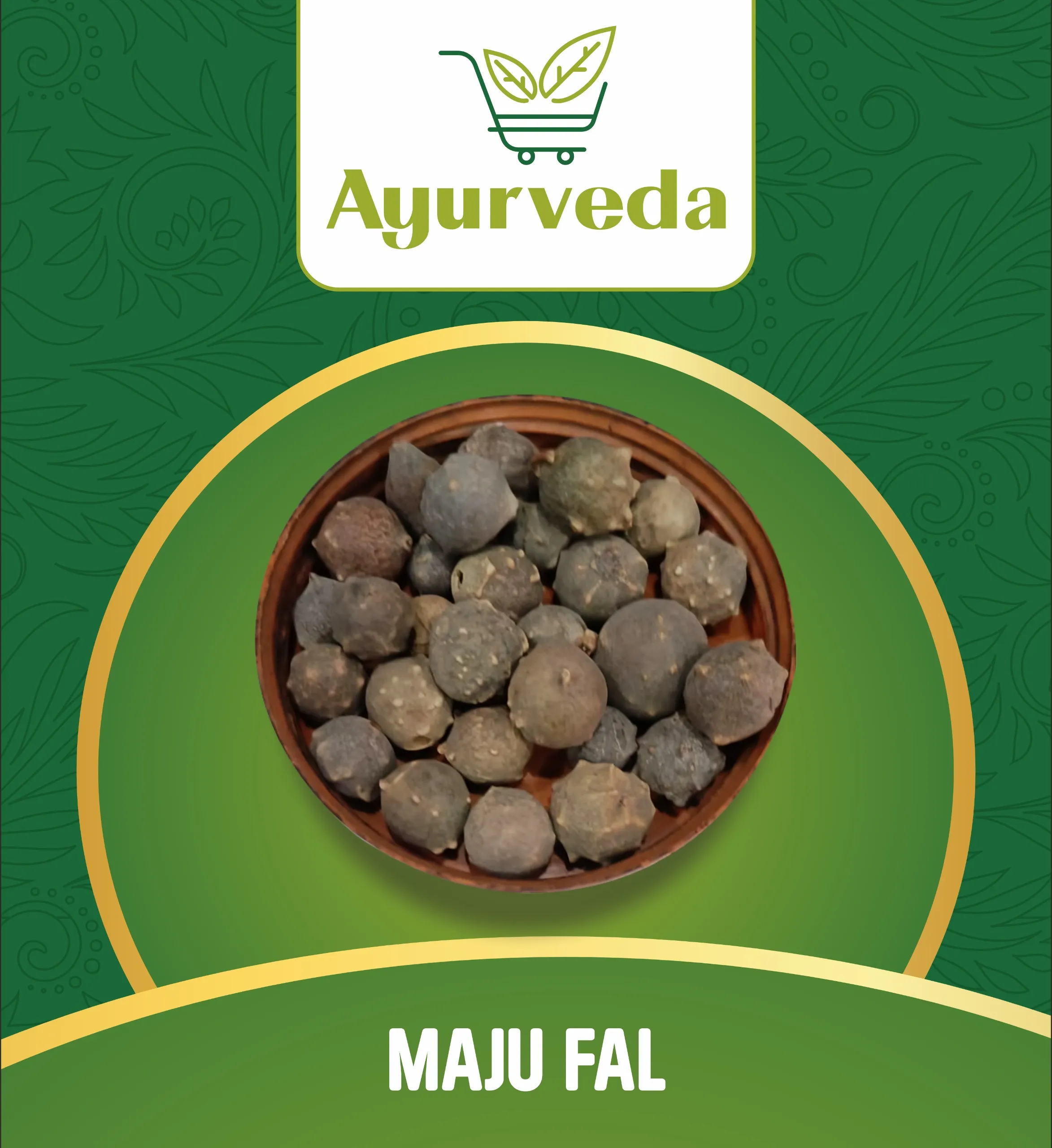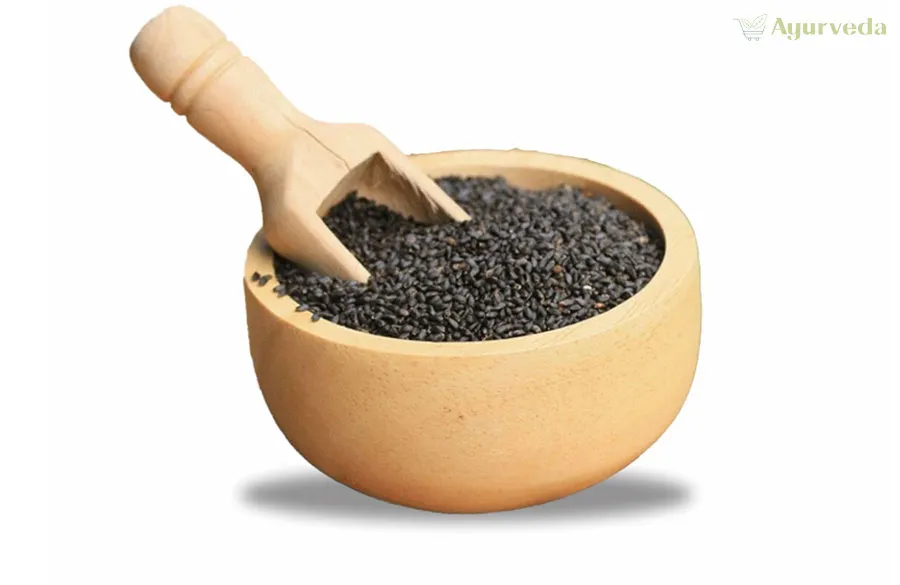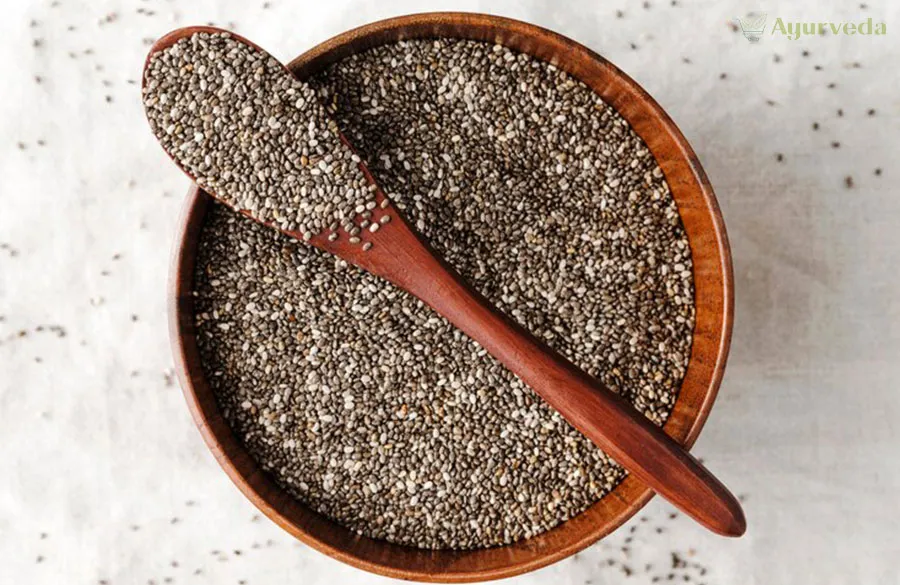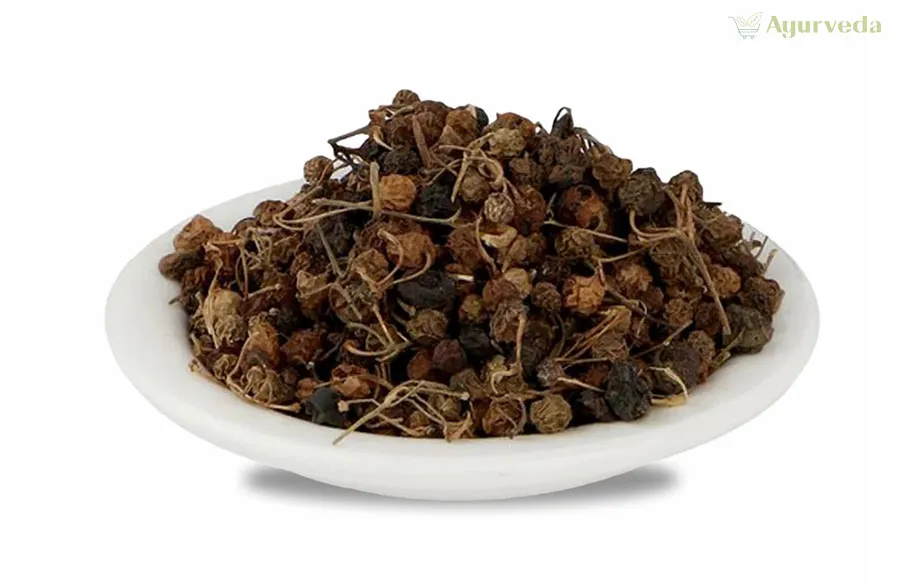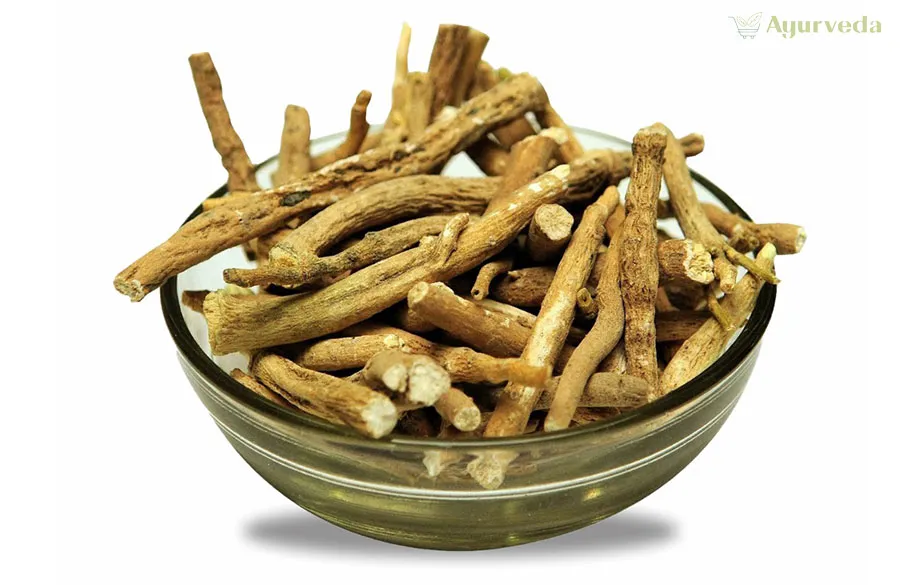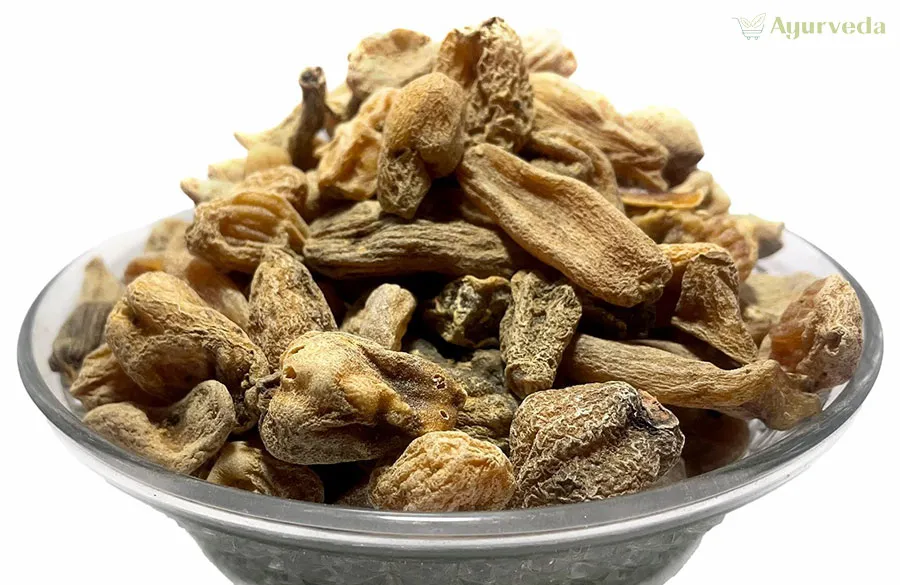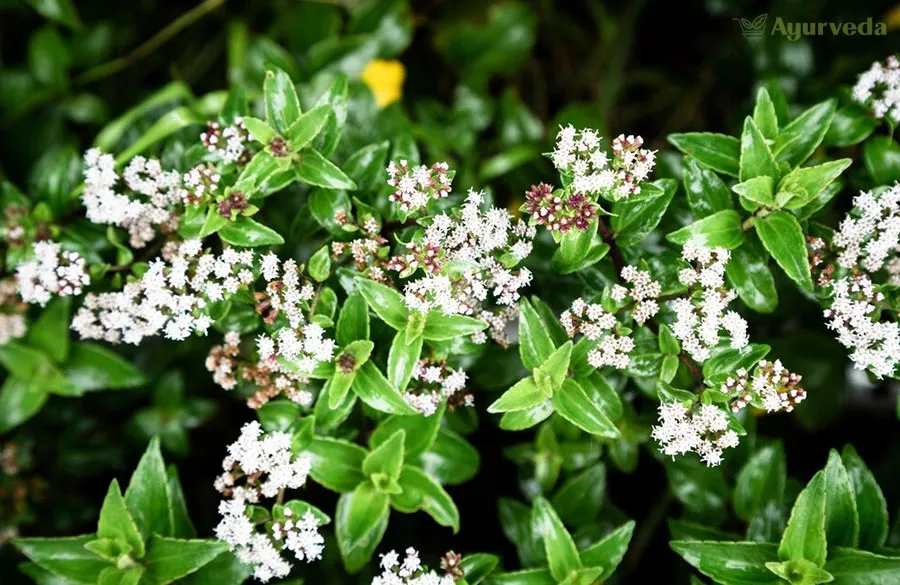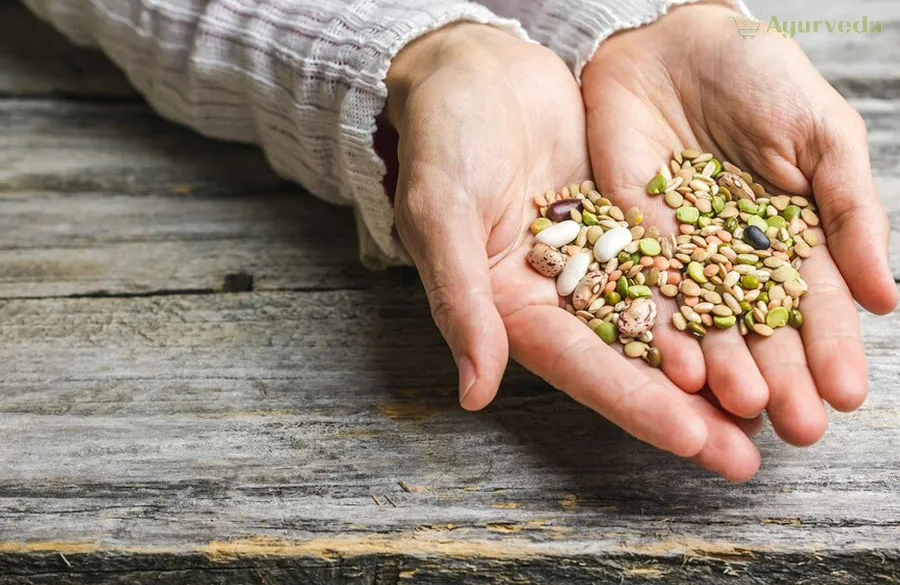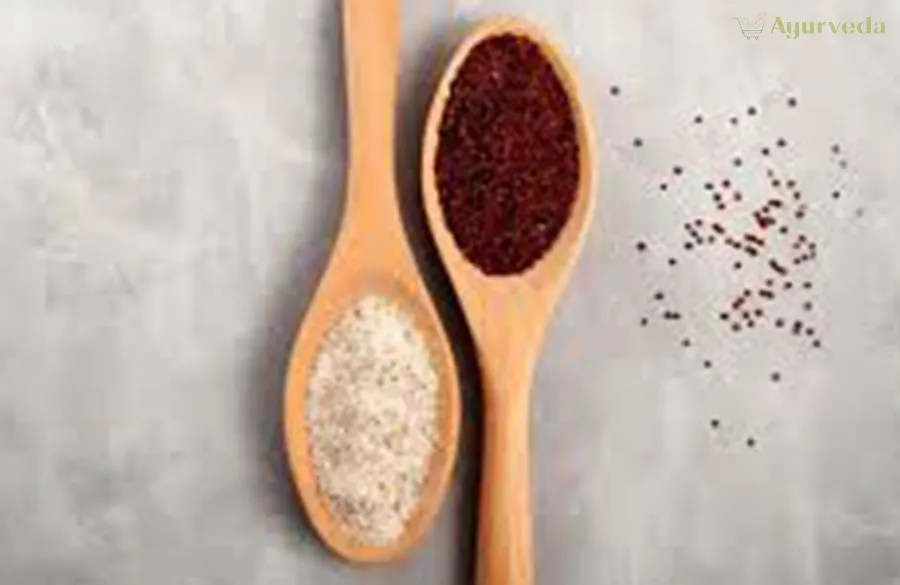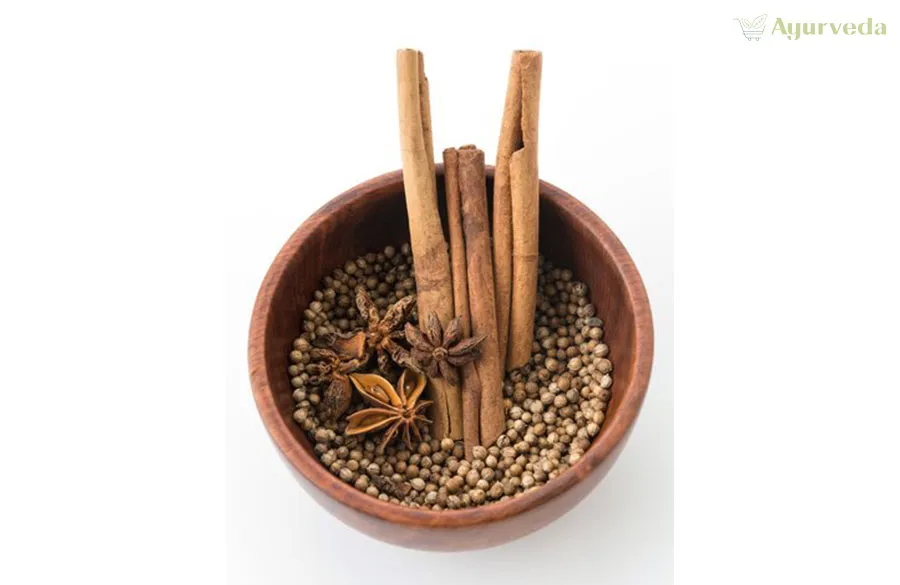
Unveiling the Wonders of Akarkara Irani: A Herbal Marvel
- 29 Jan, 2024
Scientifically known as Anacyclus pyrethrum, Akarkara Irani is a perennial herb native to the Indian subcontinent. It is particularly renowned in Ayurveda and traditional Persian medicine for its therapeutic benefits. The herb is characterized by its slender stem, small white flowers, and most notably, its pungent taste.
Akarkara Irani has a rich cultural history, particularly in Ayurveda and Persian traditional medicine.It has been valued for centuries as a natural remedy, and its usage is deeply ingrained in the cultural practices of the regions where it is prevalent.
Health Benefits:
1. Aphrodisiac Properties: One of the most celebrated aspects of Akarkara Irani is its aphrodisiac properties. It is believed to enhance sexual vitality and address issues related to fertility and reproductive health. The herb is often incorporated into formulations aimed at boosting libido and improving overall sexual wellness.
2. Dental Health: The roots of Akarkara Irani have been traditionally used to promote oral health. Chewing on the roots is thought to strengthen teeth and gums, alleviate toothaches, and combat issues such as gingivitis. The natural antibacterial properties of the herb contribute to maintaining good oral hygiene.
3. Respiratory Health: Akarkara Irani has been employed in traditional medicine to address respiratory ailments. It is believed to have expectorant properties, helping to clear congestion in the respiratory tract. The herb may be beneficial in managing conditions like coughs, colds, and asthma.
4. Digestive Aid: Ayurvedic practitioners often recommend Akarkara Irani for digestive issues. It is thought to stimulate digestion, alleviate bloating, and improve overall gut health. The herb's bitter and pungent taste is believed to contribute to its digestive benefits.
5. Anti-inflammatory and Analgesic Effects: The presence of bioactive compounds in Akarkara Irani is believed to confer anti-inflammatory and analgesic effects. This makes it potentially useful in managing conditions involving pain and inflammation, though further research is needed to substantiate these claims.




